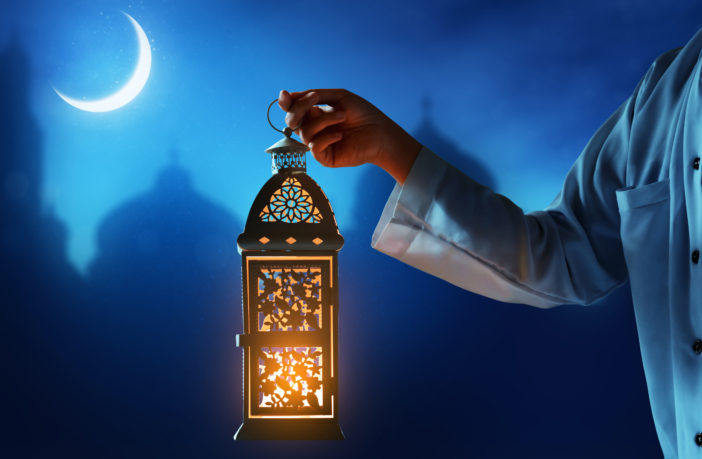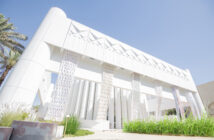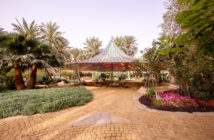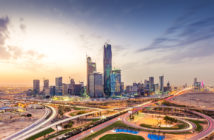Ramadan is upon us. This year is still marked with challenges of the pandemic but the holy month is here to give hope and inspiration. Ramadan is much more than a period of fasting and sacrifices; it is a month rooted in faith, culture, tradition, and history celebrated by Muslims worldwide. Some of the diplomats and staff of various embassies in Riyadh come together in this issue to share their Ramadan experiences and what makes Ramadan in their countries unique and fascinating.
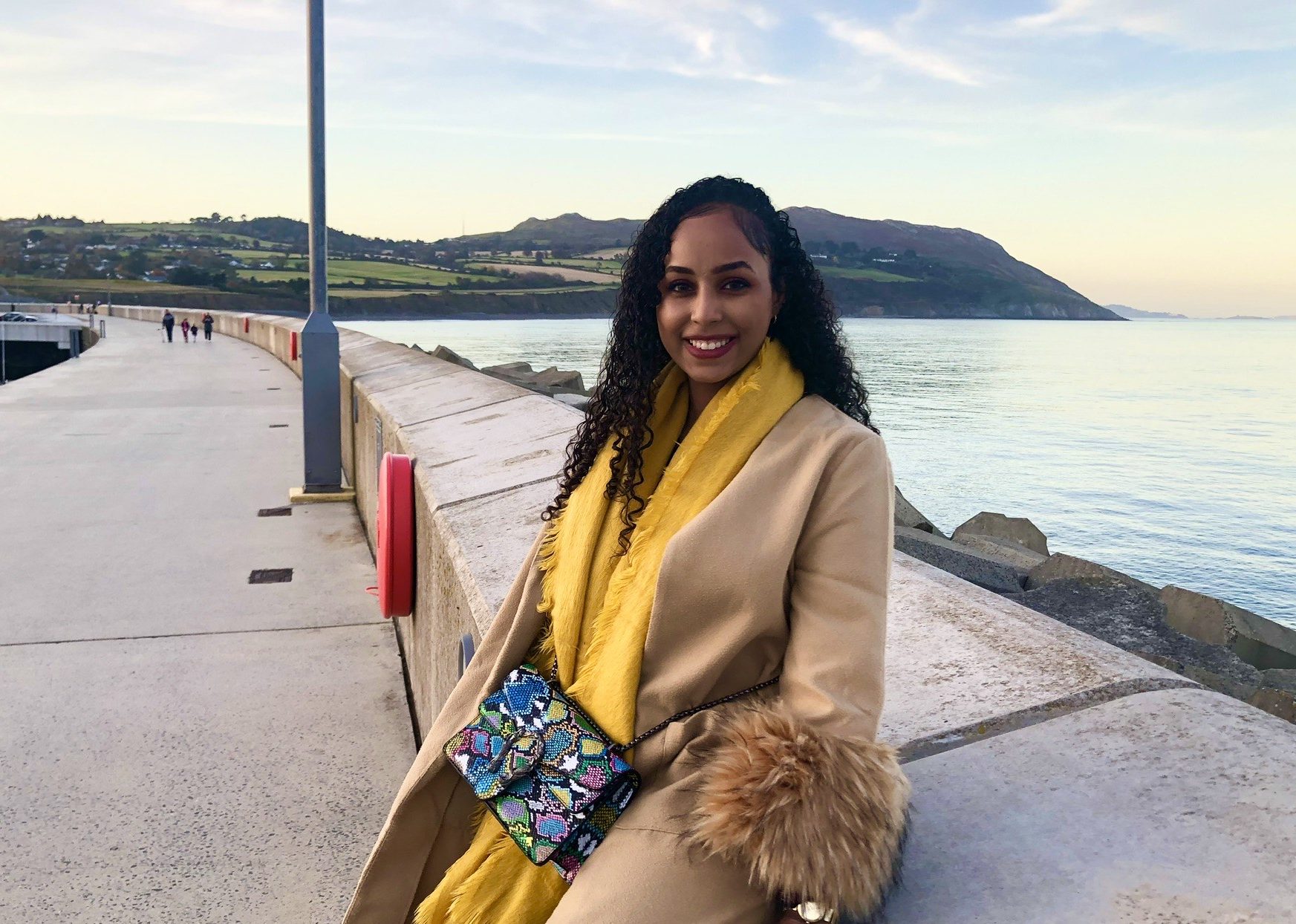
NEDAL HIMAT
Sudanese Translator (and Advisor) at the Embassy of Sweden
For Nedal Himat, a Sudanese working as a translator/advisor at the Embassy of Sweden, Ramadan is a time of spiritual reflection, self-improvement, and heightened devotion and worship. “When we fast during Ramadan, it makes me reflect on the lives of those who are less fortunate and this encourages me to do more for them.” This thought makes her motivated and consistent throughout the holy month. Ramadan is also a gathering of family and friends. She loves seeing houses decorated and decked out with lights and colors.
Nedal shares that in Sudan, they have a unique tradition of inviting strangers, a group of people who do not know each other, to break the fast (iftar) together. In villages, residents block the road by placing a Sudanese turban in the middle to invite travelers in buses to share a meal with them. The head of one of the families welcomes the bus passengers: ladies eat inside the house while men stay on the side of the road to eat. Neighbors also exchange dishes, often a fish or chicken stew that is shared to houses in the same lane.
Speaking of dishes, two of the popular dishes during Ramadan in Sudan are called Baleela, boiled chickpeas of red beans with salt, and Tagaliya which is made of okra powder. Aseedah (a porridge made from sorghum), Gurrsah (made of wheat flour), fried chicken, fried fish, foul, and falafel also grace the table. A special Ramadan drink in the country is Hilu-mur which literally means “sweet-bitter”. It is prepared for weeks from sorghum and different spices. Hibiscus and lemon juice is also popular along with Aradaib and Tabalde which are both bitter acacia fruits.
Comparing Ramadan in Sudan with Saudi Arabia, Nedal doesn’t see any major differences. “Ramadan in Saudi has similarities with Sudan because the latter is a mix of Nubian, Africans, and Arabs. We like to gather our families and decorate houses. Shops are also closed during mornings and open at night until the following morning,” she shared.
Gatherings during Ramadan were affected last year because of the pandemic. This year might not be so different because of the precautionary measures still in effect. Nedal said that last year, she and her husband Jamie spent last year’s Ramadan on their own because of the curfews and limitation in gathering. “I wasn’t able to visit my parents who live 11 minutes from my house because we were careful not to spread the virus.” This year, she is hopeful. “With the vaccine being rolled out in Saudi Arabia for everyone, I am very excited to spend Ramadan with my parents and brothers.”
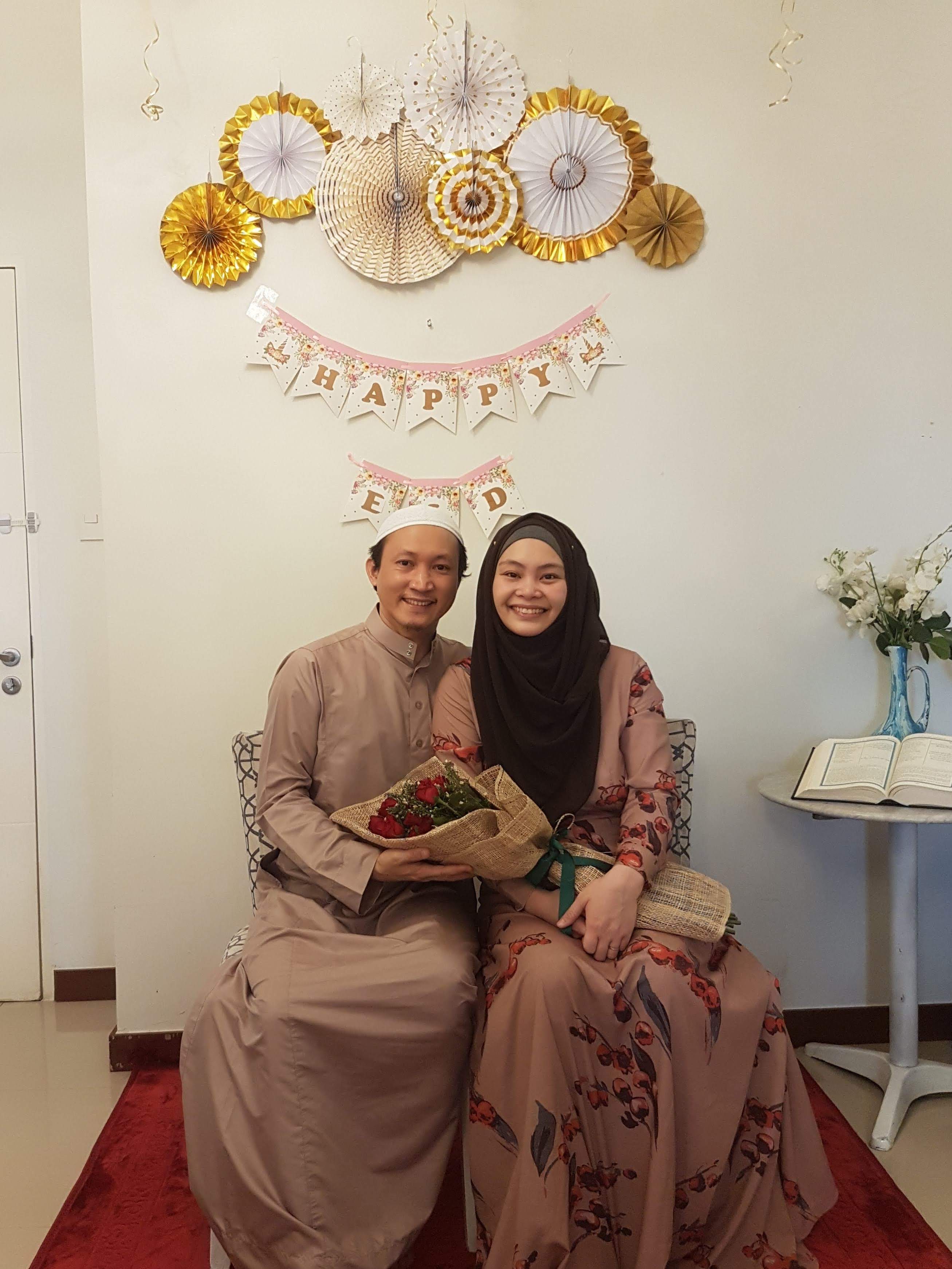
ROMMEL ROMATO
First Secretary and Consul General at the Philippine Embassy
Rommel Romato is the newest addition to the Philippine Embassy in Riyadh, Saudi Arabia. He came just in time to experience his first Ramadan in the Kingdom. For him, as a Muslim from the Philippines, Ramadan reminds him of his rich cultural and religious identity. “Muslim communities in the Philippines have observed Ramadan for centuries and have naturally developed certain Ramadan traditions or customary practices. Today, the Muslim community in my country experiences oneness and solidarity with billions of Muslims across the globe as we devote time and resources to fasting, prayers, and charity work. My country, a predominantly Christian country, also celebrates Eid’l Fitr as a national holiday as a mark of respect for the Muslims in the Philippines and beyond,” he said.
Some of the most unique Ramadan traditions in the Philippines are from the Muslim communities in Mindanao. The Maranao, Maguindanao, and Tausug people have developed colorful traditions. The Maranaos perform paigo (to bath), a cleansing ritual a day before Ramadan starts. Maguindanaoans organize motorcades around towns and chant the Eid takbeer on the eve of Eid’l Fitr while the Tausugs prepare special delicacies and dishes. Many affluent families host iftar in the mosques.
Ramadan dishes in Mindanao are varied and all delicious! In Rommel’s hometown in Butig, Lanao del Sur, they prepare dishes like Piaparan a Manok, a chicken dish with grated coconut meat, turmeric and a special paste called palapa which is a unique spicy ingredient used in most community dishes. Piaparan a Bakas uses smoked tuna instead of chicken. “My favorite Ramadan dishes include Pisasati (smoked tuna nuggets) and the Maranao Beef Rendang,” he said.

This year’s Ramadan will be their first in Saudi Arabia and they are expecting to experience a different Ramadan as they are away from most of their relatives and friends, not to mention the global pandemic. He said, “My wife Nizhreen and I, will continue celebrating Ramadan with adherence to Islamic principles and to health safety protocols. The previous Ramadan which my family observed at the height of the lockdown in Manila proved to be a big challenge, but it also showed that Islam is about reason. With or without health emergencies, Muslims can observe and benefit from the essence of the holy month. Being secluded or socially distanced gives people the time and space to reflect and perform acts of worship with more focus and determination. We may need to change our mindsets a bit to adjust to the situation. In any case, my wife and I will do our best to make our family enjoy our Ramadan experience in Saudi Arabia.”
Ramadan has been a huge part of some of Rommel’s milestones in life. During the holy month in 2014, he got married. It was the beginning of his and his lovely wife’s journey as a married couple. “That Ramadan brought me the gift of love,” he shares. Their Ramadan in 2015 in London gave them the gift of life: his wife gave birth to their first child. He reflects on that time in their lives, “Fasting during Ramadan and building a family entail a lot of sacrifices. That important experience made me realize that life can be difficult at times but if we are mindful of our duty, we should be fine.”
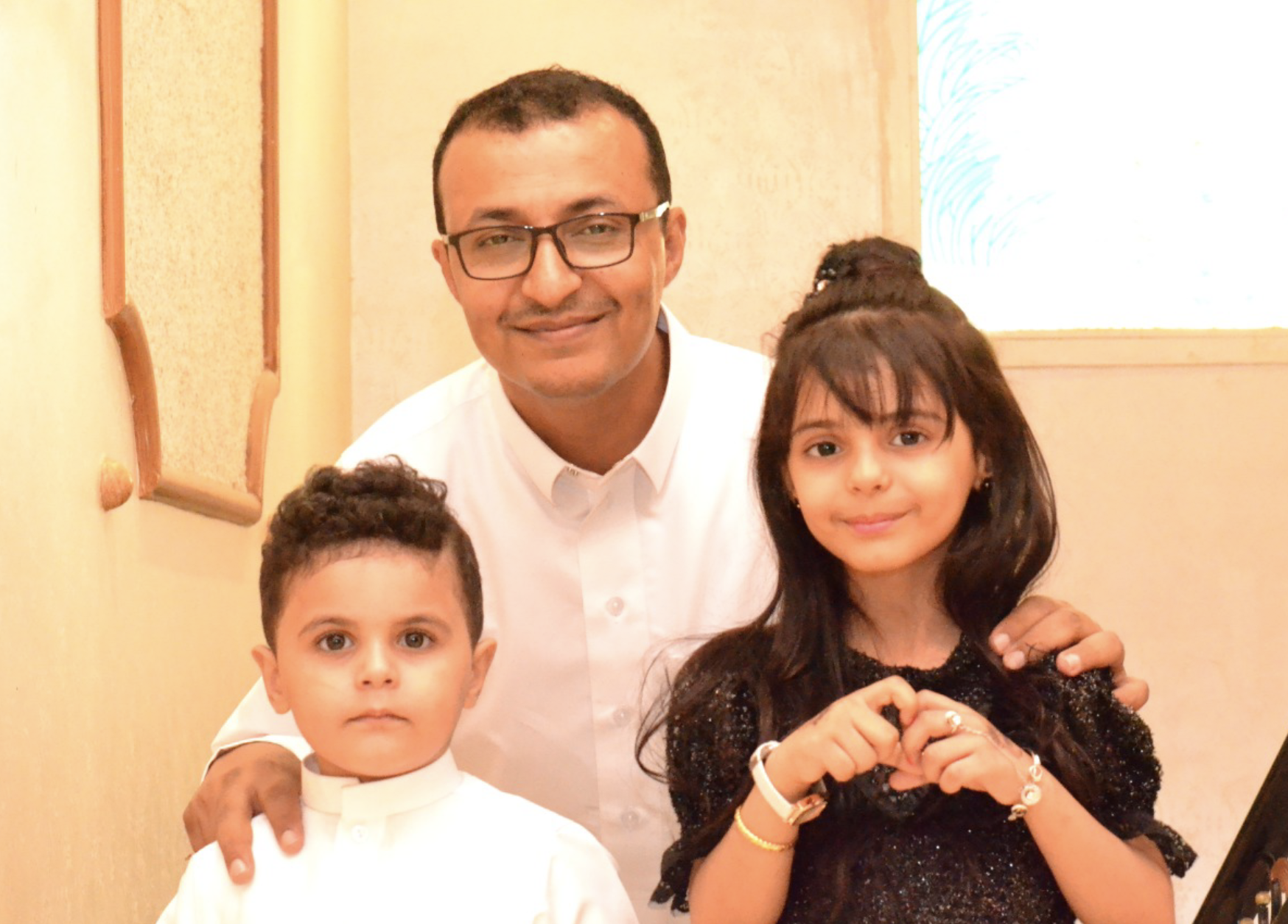
MOHAMMED AL-WAJIH
Yemeni Protocol and Administration Officer at the Royal Norwegian Embassy
Ramadan, as we all know, is the ninth month of the Islamic calendar. It is the month that aims to purify the soul and bring people closer to Allah. It is the time of fasting, one of the five pillars of Islam, for Muslims around the world. Mohammed Al-Wajih finds himself yearning for Ramadan and the opportunity of taking one month every year to better himself and his relationship with God. “The mercy of having one month to withdraw from the pressures of everyday life and just focus on trying to be kinder, more charitable, more disciplined, and forgiving. Ramadan is so much more than a refrain from food; it is a spiritual and physical cleanse.”
He thinks that like last year, this year’s Ramadan will be different because of the coronavirus outbreak. Everyone is taking part in curbing the virus by adhering to precautionary measures thus limiting social gatherings. He said, “Muslims around the world will observe Ramadan under lockdown and tight restrictions due to the coronavirus outbreak that has paralyzed entire countries. Social distancing rules have stopped people from gathering for Tarawih, the special evening prayer, which is a key theme throughout the days of Ramadan.” Even though this is the case, Mohammed believes that the true spirit of Ramadan will shine through in these challenging times: uplifting and encouraging all to do their best. Spending iftar at home, small families can spend more quality time. He suggests holding a virtual iftar which can be a fun way to catch up with loved ones. Apart from iftar, there are other activities that can be done as a family like praying, reciting the Quran every day, and donating to local charities.
Mohammed didn’t see any major differences in the Ramadan traditions of his home country Yemen and Saudi Arabia since the Yemenis and Saudis have the same culture and almost the same tribal community’s habits. “The customs inherent in the Yemeni people during the month of Ramadan contribute to strengthening relationships, family reunification, and rapprochement of people through visits and other deep-rooted customs and this is also the same in Saudi Arabia.”
Iftar is an important aspect of Ramadan in both countries and food shared during these times is essential. In Yemen, the flavor of Ramadan is most distinct on dining tables as it reveals the unique heritage and customs of their ancestors. Yemenis break the fast with dates and juice. This is followed by Al Shafoot, a dish prepared with Lahuh, a flatbread which is soaked in laban and seasoned with garlic and red pepper. Other items on the Iftar table include sherbet, a mixture of wheat, milk, and sugar, as well as Bint Al-Sahn – called “the daughter of the dish” – a honey cake that’s always a showstopper. They also have the Shurbah (soup), Mahalabia (milk pudding) and Masoub (banana bread).
Ramadan main dishes include the Saltah (hearty stew), considered as the national dish of Yemen, made of rice, meat, pureed vegetables, and fenugreek cooked and served in clay pots and the Aseeda, a moist pastry dough filled with chicken, onions, pepper, garlic, cardamom, cumin, and cilantro.
The holy month taught Mohammed patience. It also taught him the value of appreciating everyone around him. In Ramadan 2007, he and his friends were in the mountains enjoying the scenery and looking for food when they became thirsty and hungry. They came upon small birds being fed by the mother bird and this reminded them of the warm feeling of being cared for and the safety that comes with it. “We missed this feeling now, of having a safe homeland. My country today is one of the places with the greatest humanitarian needs, where children, families, and communities struggle to acquire the necessities of life. Ramadan will look different this year for many families in Yemen, as they are not able to come together in the same way that they usually would. But as people reflect and celebrate this Ramadan, we can still make a lasting difference to children’s lives together.”
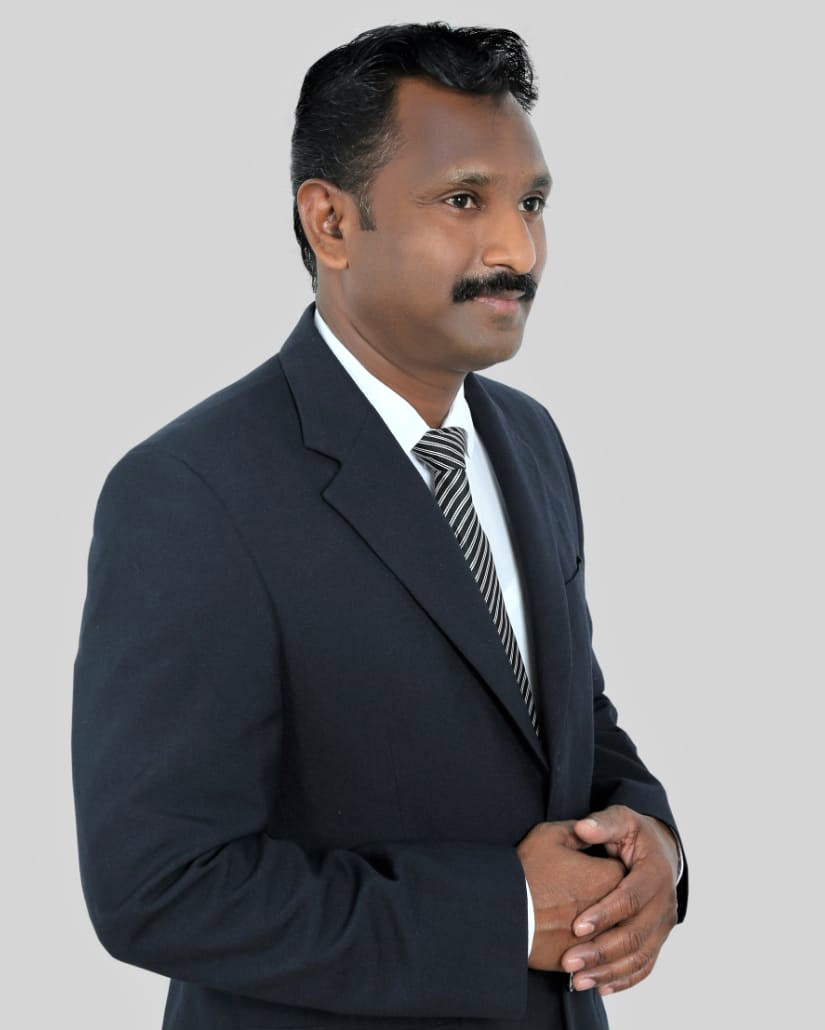
THAZHATHETIL MUJEEB
Indian Driver at the Embassy of Belgium
For Thazhathetil Mujeeb, Ramadan is a time of prayer and self-reformation. The days of the holy month in Saudi Arabia have provided him an opportunity to learn more about the Quran. The importance of avoiding excesses during this time made him reflect on the lives of others and realize further the message of humanity.
Hailing from India, Thazhathetil says that the customs of Ramadan in Saudi Arabia and his home country are mostly the same. During this month, the main priority is prayer and worship. Ramadan consists of gatherings especially during iftar. However, the Indian community in Saudi Arabia is very cautious about the pandemic too. That is why this year, community gatherings will be restricted.
Homes will be filled with the wonderful aroma of great food, from vegetarian and non-vegetarian main dishes, snacks, and sweets. The major dish during Ramadan for Indians is the Nombu Kanji or Thari Kanji consisting of rice, coconut milk, herbs such as ginger, clove, cinnamon, black pepper, cardamom, and dry fruits. The Ari Pathiri is a pancake made of rice flour popular with the Muslim community in Southern India. Noolputtu or Idiyappam, also known as string hopper is a rice noodle dish. The Pazham Nirachathu or Stuffed Banana which is a very popular snack served in Iftar parties, is a sweet and simple snack, made with some easily available ingredients: ripe banana, coconut, sugar, raisins, and ghee. All of these dishes delight both adults and children.
Food has been a major part of Ramadan, not only served in tables of homes, but also shared with others. In 2013, when Saudi Arabia announced a general amnesty for illegal foreign workers, expats from different parts of the Kingdom flocked to the deportation center in Riyadh. Under the hot sun, they lined up and waited. Thazhathetil and his friends delivered food, juices, snacks, and water to them to break their fast. He considers this as one of the most memorable and happiest Ramadan moments in his life.
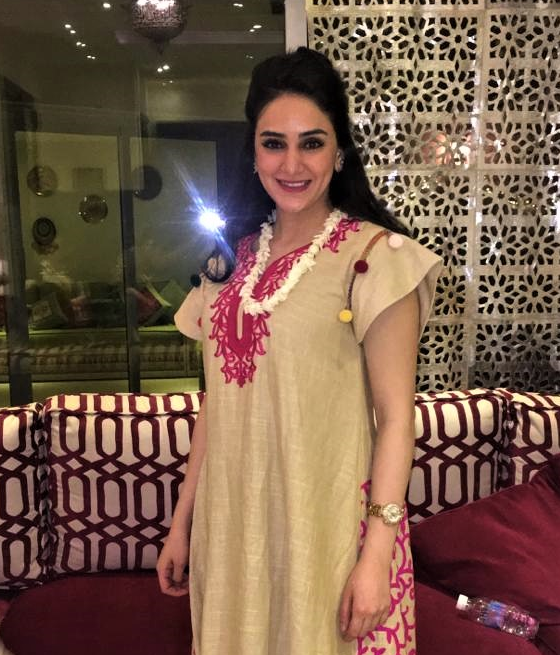
DALIA ABU ALROB
Jordanian Trade Assistant at the Embassy of Denmark
For Dalia Abu Alrob, the sound of the Taraweeh prayer ignites a warmth in her heart during Ramadan. It inspires her to celebrate the holy, social, and family month with renewed strength and enthusiasm. She said, “During Ramadan, we gather every day with our parents, relatives, and friends. We also wear nice cultural dresses to celebrate Ramadan.”
Coming from Jordan, Dalia said that they celebrate the holy month just like Saudi Arabia. “When maghrib starts, we eat dates and drink gahwa (Arabic coffee), pray and then start eating delicious dishes and sweets.” Despite the pandemic, she plans to spend Ramadan the same way she does every year but this time, with social distancing. “Ramadan gives me the chance to spend more time with my whole family, which happens rarely these days.”
Two years ago, Dalia and her friends decided to do something different during the holy month. They went to a hospital specialized in treating cancer and started spending time with sick children. They talked and comforted them and provided for their needs. Just as Ramadan has given them gifts, the holy month taught them to become a blessing to others.
Under one Ramadan moon, we share and celebrate what truly matters: humanity, love, forgiveness, kindness and the remembrance of God. No matter where you are right now observing the holy month, we greet you Ramadan Kareem!

